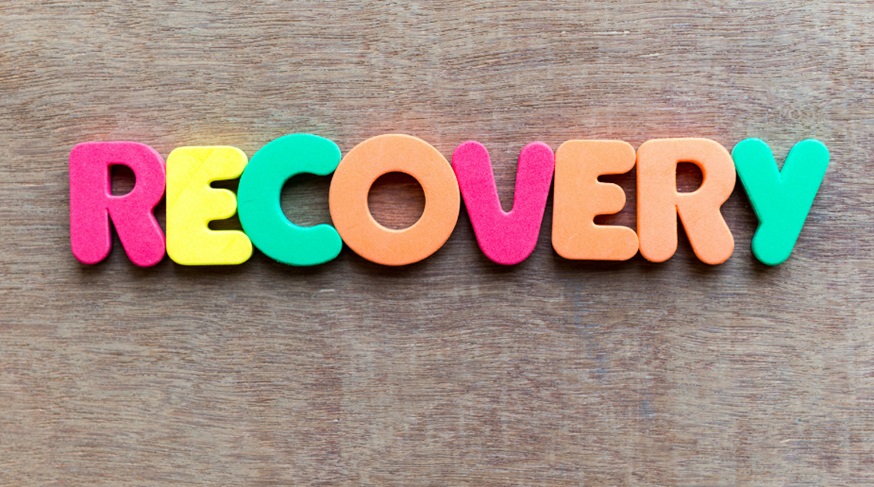Community and Connection: Building Bonds in a Recovery House

Recovery houses, also known as sober living homes, are a safe and supportive environment for individuals recovering from substance abuse. These homes provide a structured setting where residents can continue their journey toward sobriety while receiving support from their peers and staff members. One of the key elements of recovery house in Fort Lauderdale is building bonds within the community. In this article, we will explore the importance of community and connection in a recovery house.
The Importance of Community
Community plays an integral role in the recovery process. In a recovery house, residents are surrounded by individuals who have similar experiences and struggles. This creates a sense of belonging and understanding, as everyone is on the same path towards sobriety. Being part of a community also provides accountability and support, as residents can turn to their peers for guidance and encouragement.
Connection with Others
Building connections in a recovery house goes beyond just being part of a community. It involves forming meaningful relationships with others who are also in recovery. These connections allow individuals to share their experiences, provide support to one another, and build lasting friendships. Connection with others also helps reduce feelings of isolation and loneliness, which can be common during the recovery process.
Opportunities for Bonding
In a recovery house, there are various opportunities for residents to bond and connect with one another. From group therapy sessions to community activities such as sports or volunteering, these experiences help build trust and camaraderie among residents. These bonds formed within the community create a sense of empathy and understanding toward one another’s struggles, further strengthening the support system within the recovery house.
Support and Accountability
In addition to forming connections with others, being part of a community in a recovery house also provides residents with support and accountability. Recovery can be challenging, and having a strong support system is crucial for success. In a recovery house, residents hold each other accountable for their actions and decisions, providing guidance and support when needed. This accountability helps residents stay on track with their recovery and promotes a sense of responsibility towards oneself and the community.
Building Life Skills
Being part of a community in a recovery house also provides opportunities for individuals to learn life skills from one another. In a group setting, residents can share their knowledge and experiences, helping others develop essential skills such as communication, time management, and goal setting. These skills not only aid in the recovery process but also prepare individuals for a successful life after leaving the recovery house.
Conclusion
Community and connection play vital roles in the recovery process within a recovery house. It is very important to know the role of recovery houses in addiction rehabilitation so that we can understand the importance of community and connection in this setting. By building bonds within the community, individuals in recovery are provided with a supportive and understanding environment, which ultimately aids in their journey toward sobriety.









